Last Updated on April 28, 2021 by Rupesh Patil
You may think every food item you buy needs to be refrigerated, but there are a number of things that you shouldn’t put in the fridge at all. Putting these things in the fridge causes significant changes in their texture and taste, and these are best stored outside. Here is an exhaustive list of food items you should not refrigerate (and some you need to).
Subscribe to Onsitego
Get the latest technology news, reviews, and opinions on tech products right into your inboxBananas – Bananas store nutrients better when they are kept outside the fridge. The cold temperature inside a fridge tends to slow down the ripening process of bananas. However, if you don’t like your bananas soft and floppy, or plan to eat them later, you can store them in the fridge, but wrapped individually so they do not come in contact with each other. The skin might blacken when kept in the fridge, but the fruit will be fine.
Potatoes – When you keep potatoes in the fridge, the starch in them quickly turns into sugar, giving them a gritty, sweet taste. Store potatoes unwashed and out of their packaging in a well ventilated, cool – not cold – place, outside the fridge.
Onions – Storing onions in the fridge deprives them of circulating air, and this can cause them to develop moulds and rot quicker. Onions need to be kept in a dark, cool place with air circulation for maximum life. The cold air and moisture in the fridge can shorten the life of onions very quickly. However, keep cut onions in an airtight box in the fridge.
Tomatoes – Keeping tomatoes in the fridge can slow down the ripening process and even break down the membranes inside. Store them in a cool, dry place outside the fridge and consume quickly.
Avocado – If you have bought an unripe avocado, putting it in the fridge will impede the ripening process much like bananas. Keep them in a cool dry place to ripen, but after they are ripe, you can put them in the fridge if you don’t plan on consuming them soon.
Garlic – Putting garlic in the fridge can cause it to sprout, or turn rubbery and mouldy inside. Keep them outside the fridge in a cool, ventilated area.
Bread – Store bread in a sealed airtight bag outside the fridge because the cold air in a fridge tends to dry out the bread, causing it to turn stale faster. The only time you should keep bread in the fridge is when you have made a sandwich. However, if you live in extremely hot areas or have long, hot summers like in Delhi, it is probably safer to keep bread refrigerated.
Coffee – Whether it is in the ground or bean form, never store coffee in the fridge. When you put coffee in the fridge it acts like a sponge soaking up any smell that’s in your fridge. Also, the cold air inside begins to desaturate the flavour right out of the coffee. Store coffee in an airtight container outside in a cool, dry spot.
Honey – Honey is a naturally preserved food, so it does not need to be kept in the fridge. If you keep it in the fridge, the sugar crystallises very fast, causing the honey to become hard and dough-like, making it nearly impossible to use it.
Melons – Keeping whole melons outside the fridge retains the antioxidants in them and keeps the beta-carotenes in them last longer. However, if you have cut the melon, slice it up and keep it covered in the fridge.
Oils – Do not store any oil in the fridge because the cold air turns oil into a hard, buttery consistency, making them lose flavour.
Basil – Basil, like coffee, absorbs smells inside a fridge. Keep basil outside the fridge in a cup of freshwater. However, if you intend to store it longer, blanch and freeze basil.
Fruits – Like bananas, fruits like apricots, kiwis, peaches, plums and mangoes do not ripen properly if stored in the fridge. Their nutrients are lost and membranes start breaking down because of the cold air inside. Keep them outside the fridge in bowls or baskets till you cut them. Store them in airtight containers in the fridge after you cut them. Citrus fruits also need to be kept outside for adequate ripening.
Peanut Butter – Keeping peanut butter in the fridge can turn it very hard and dry it out. Keep it outside in an airtight container.
Raw Eggs – If you see supermarkets and your local shop, they always store eggs outside. Keeping eggs in the fridge can alter its flavour. If you plan to consume the eggs soon, keep them outside. (Although some studies say keeping eggs refrigerated does not alter its properties, so opinion is divided on this one).
Ketchup & Mustard – Keeping ketchup and mustard outside the fridge is fine because it contains several preservatives that keep it from getting spoiled. If you plan on storing them for long, you can refrigerate them.
Tuna – If you have an unopened can of tuna, you can keep it outside the fridge because it contains enough preservatives to keep the fish from spoiling. Once you open it, refrigerate it.
Cucumber – Keeping a cucumber can dry out its skin and cause decay, You can keep cucumber fresh for a few days by keeping it outside the fridge.
Carrot – Like cucumbers, carrots kept in the fridge tend to dry out very fast so store them for up to a few days outside the fridge.
Capsicums – Keeping capsicums in the fridge can dry them out and give them a dull, crinkled appearance. You can store capsicums outside for a few days.
Spices – Spices do not need refrigeration and can be used for a long time if kept in an airtight container at room temperature.
Apples – If kept at room temperature, apples can last for over a week because their enzymes stay active if don’t refrigerate them. If you want to keep them for longer, you can store them in the fridge.
Pears – Unlike most fruits, pears do not really ripen on the tree. Keep them at room temperature for them to ripen because the cold air in the fridge can inhibit this. If they are already ripe when you buy them, you can store them in the fridge.
Sauces – Fish sauce and soy sauce are best kept outside the fridge. Soy sauce is already fermented so it does not require refrigeration for up to a year and a half, while fish sauce can keep outside the fridge for up to 3 years. Hot sauce that contains vinegar and no vegetables or fruits can keep for 3 years, and Tabasco can go without refrigeration for up to 5 years.
Eggplants – Eggplants should not be kept in the fridge because they lose both flavour and texture inside the fridge. Store them in a cool, dry place away from vegetables/fruits that give off ethylene.
Pineapples – When ripe and uncut, pineapples can stay outside the fridge for up to 3 days. If you cut it, store in an airtight container in the fridge for not longer than 4 days.
Papaya – Like with many other food items, keeping a papaya in the fridge will slow down the ripening process, and therefore, it is best to keep uncut papayas outside, If you have cut it, slice it up and store in a sealed bag inside the fridge.
Sweet potatoes – Keeping sweet potatoes in the fridge will cause their cell walls to change structure and they will become harder, making them difficult to cook evenly. Store them in a cool, dry place and cook them soon.
Donuts – Keeping donuts in the fridge can turn them soggy and stale. If you have glazed donuts in the fridge, they can even become sticky. You can keep donuts outside the fridge for up to two days.
Vinegar – Since vinegar in itself is a preservative, it is said to have a very long shelf life, and therefore there is no need to ever refrigerate them.
Salami – The reason a lot of hikers take salami along is that it has a shelf time of up to 6 weeks. It is a lasting, preserved meat, and unless the label says so, there is no need to refrigerate salami. It requires air to breathe, and cannot do so in the fridge. But again, if you live in a very hot place, it is a good idea to keep salami refrigerated.
Cheese – Cured cheese such as Gouda and Cheddar keep better outside the fridge. Keeping them in the fridge will only harden them, altering the taste and texture. Keep them well wrapped in a cool, dry place. For places where the temperature in summer soars above 38-degrees, it is always a good idea to keep cheese refrigerated. You can wait for it to come to room temperature, or even less cold when you use it next.
Canned Olives – As long as the olives are submerged in brine, they do not need to be refrigerated. But after you have opened the can, you should refrigerate them in an airtight, sealed container with the brine marinade.
Yoghurt – As long as you do not open the jar of yogurt, you can keep it outside the fridge because it already contains bacteria and a sealed container will not get spoiled. Once you have opened the jar, you need to refrigerate yogurt.
Ghee – Unopened jars of ghee do not need to be refrigerated. Even open jars of ghee can stay outside the fridge for up to 3 months at least. If you plan on keeping it longer, refrigerate it, but do know that it will turn hard in the fridge. Keeping it at room temperature before use will soften the ghee again.
Beans – Beans can dry out in the cold confines of your fridge and can keep best if stored in a cool, dry place outside. If it is very hot in your house and cool corner is not available, store them in the fridge.
Okra – Okra, or Lady’s Finger is a heat-loving vegetable, and when kept in the fridge, can develop brown spots because of the cold air. Store in a cool, dry place outside.


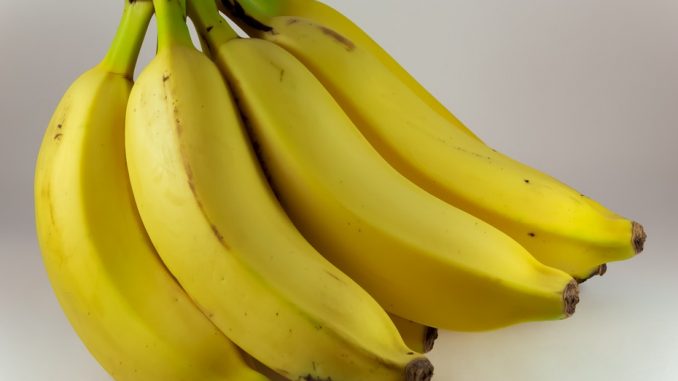
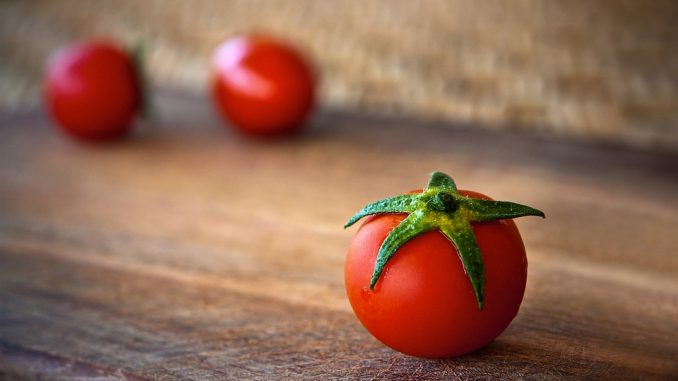
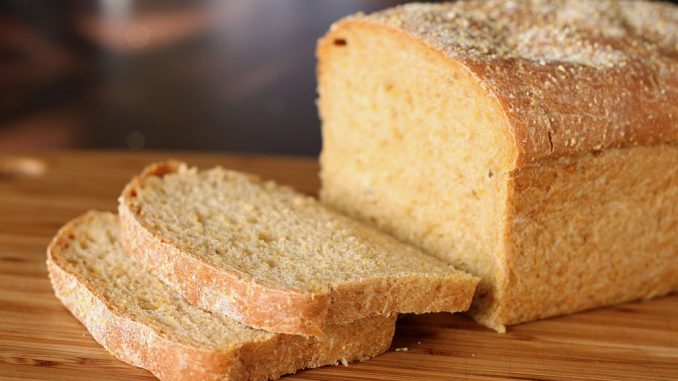
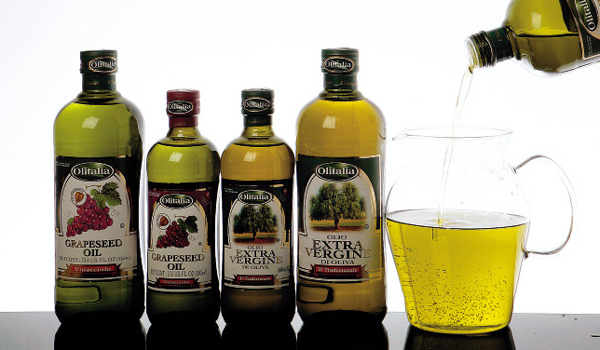

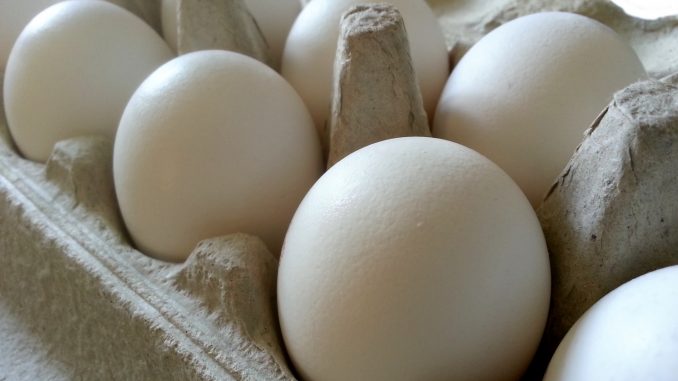
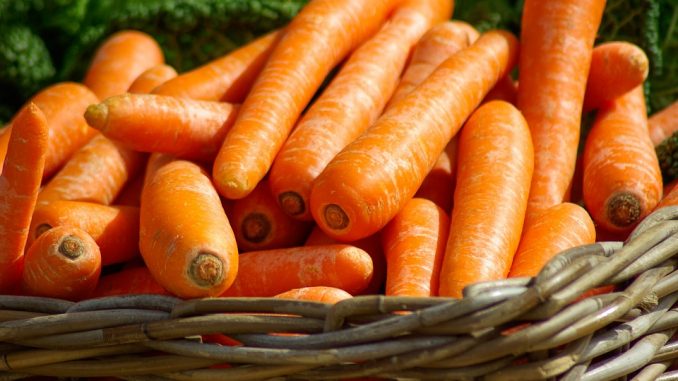

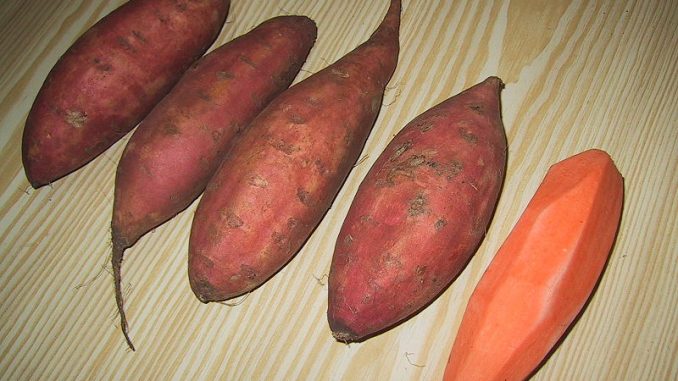
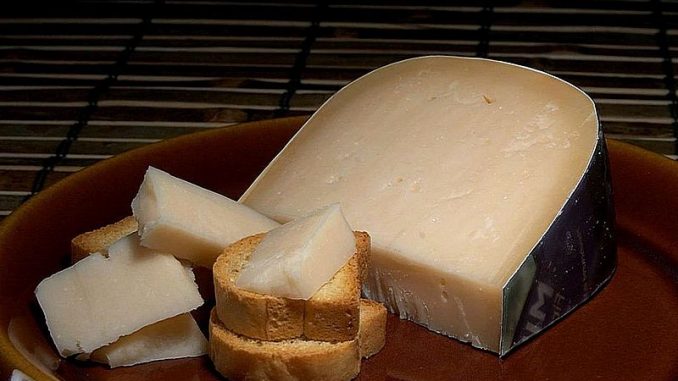
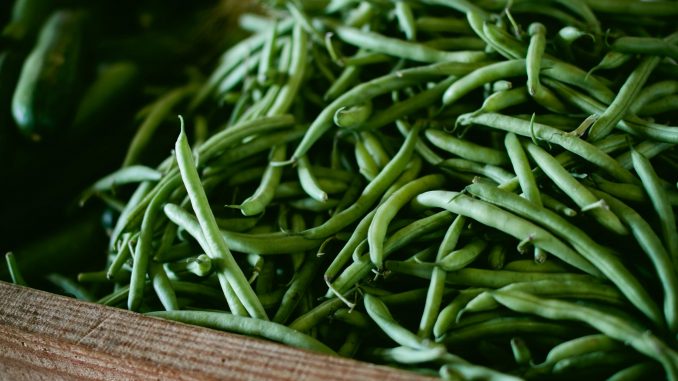
Discussion about this post